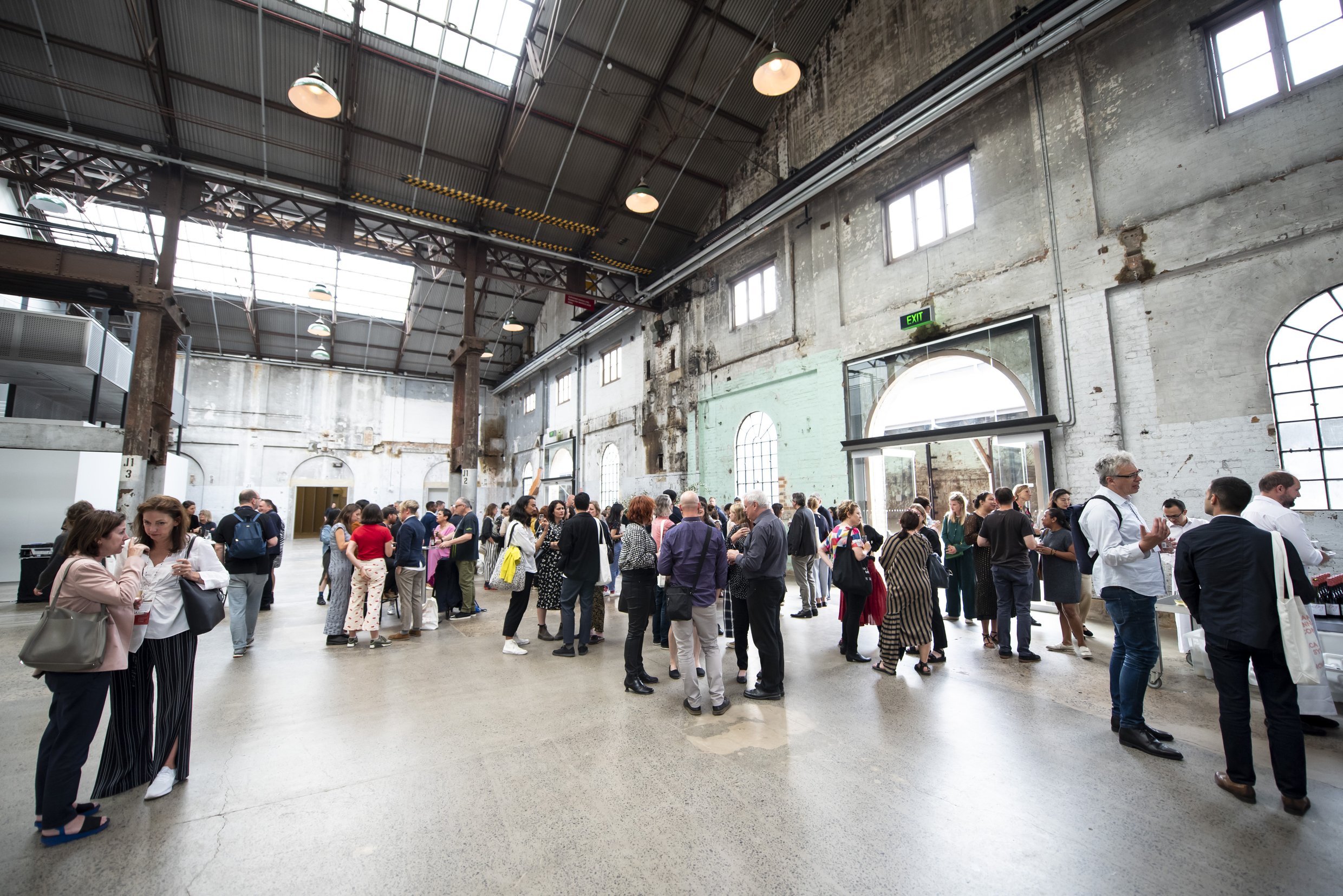Why should museums remain open and operational?

In 2020, museums and collections all over the world were deeply affected by the COVID-19 pandemic; consequently, many public-facing institutions were required to take a position on their operations. The Museum Watch Committee saw the extent to which museums played a specific role in the discussions on COVID-related lockdown measures within wider fields such as arts and culture, entertainment, and leisure.
To monitor the roles and positions of institutions internationally, the Museum Watch Committee asked CIMAM members to identify the main arguments used worldwide to keep museums open and operational in these difficult times. It launched this project in November 2020.
This call to action activated contemporary art professionals worldwide, spanning Argentina, Australia, Belgium, India, Italy, Peru, Russia, Singapore, Spain, and the United States. They presented their main arguments to keep their museums open or reopen them soon and shared their experiences from the pandemic.
The below conclusions and examples aim to encourage and inspire modern and contemporary art museum professionals worldwide to keep their museums operational.
1.MUSEUMS ARE SAFE SPACES
The scale of exhibition spaces, temperature, and air controls, as well as crowd management, make museums some of the safest public spaces. Museums have established very clear protocols and guidelines to enable both staff and visitors to remain safe in the museum and workspace.
2.MUSEUMS ARE AN ESSENTIAL SERVICE
Art and culture are essential to our individual and collective well-being. They offer one of the most positive ways of engaging with complexity and uncertainty in these difficult times. Museums contribute by engaging with and supporting the emotional and intellectual health and growth of citizens. They offer much-needed contact with the material, the physical, and the real, in a safe environment.
3.MUSEUMS ARE DRIVERS FOR ECONOMIC RECOVERY
Museums support thousands of jobs and should be seen as drivers for economic recovery in the cities and countries where they are situated. Each museum is encouraged to demonstrate the number of jobs that it sustains in its city.
4.MUSEUMS CAN ACT COLLECTIVELY
Museums are advised to come together with other museums and cultural institutions in their city. To have a common position and voice. To get stronger and stand collectively to push forward their petition. During the pandemic, many museums and cultural associations have worked closely with one another for the betterment of cultural sectors as a whole.
5.MUSEUMS CAN ADAPT
Without access to physical spaces, museums have seen an increase in the digitalization of their programs and activities. Either for survival or as an opportunity, museums have taken advantage of technology to upgrade their online presence and build new online audiences from all over the world. While many museums have seen their international visitor numbers reduced, they are now focused on engaging and attracting new local audiences.
6.MUSEUMS SHOULD MAINTAIN DIALOGUE WITH THE GOVERNMENT
Whether or not the government supports arts and culture, it is of key importance to maintaining an open dialogue. Museums should keep insisting on their significance to society at large, leveraging on arguments for why they are crucial spaces for citizenship and economic recovery.
→ Read the examples and ideas submitted by CIMAM Members from Argentina, Australia, Belgium, India, Italy, Peru, Russia, Singapore, Spain, USA.
This compilation of examples has been possible thanks to the contribution of:
- Victoria Noorthoorn, Director, Museo de Arte Moderno de Buenos Aires, Argentina
- Gabriela Rangel, Artistic Director, MALBA – Museo de Arte Latinoamericano de Buenos Aires, Argentina
- Adriana Rosenberg, President, Fundación Proa, Buenos Aires, Argentina
- Rhana Devenport, Director, Art Gallery of South Australia, Australia
- Bart de Baere, Director, M HKA Museum van Hedendaagse Kunst Antwerpen, Antwerpen, Belgium
- Tasneem Mehta, Managing Trustee & Honorary Director, Dr Bhau Daji Lad Museum, Mumbai, India
- Alessandro Bianchi, General Manager, Pirelli HangarBicocca, Milan, Italy
- José Carlos Mariategui, Curator, Alta Tecnología Andina, Lima, Peru
- Olga Sviblova, Director, Multimedia Art Museum, Moscow, Russia
- Eugene Tan, Director, National Gallery Singapore and Singapore Art Museum, Singapore
- Marko Daniel, Director, Fundació Joan Miró, Barcelona, Spain
- Jessica Morgan, Director, Dia Art Foundation, New York, USA
- Sally Tallant, Director, Queens Museum, New York, USA